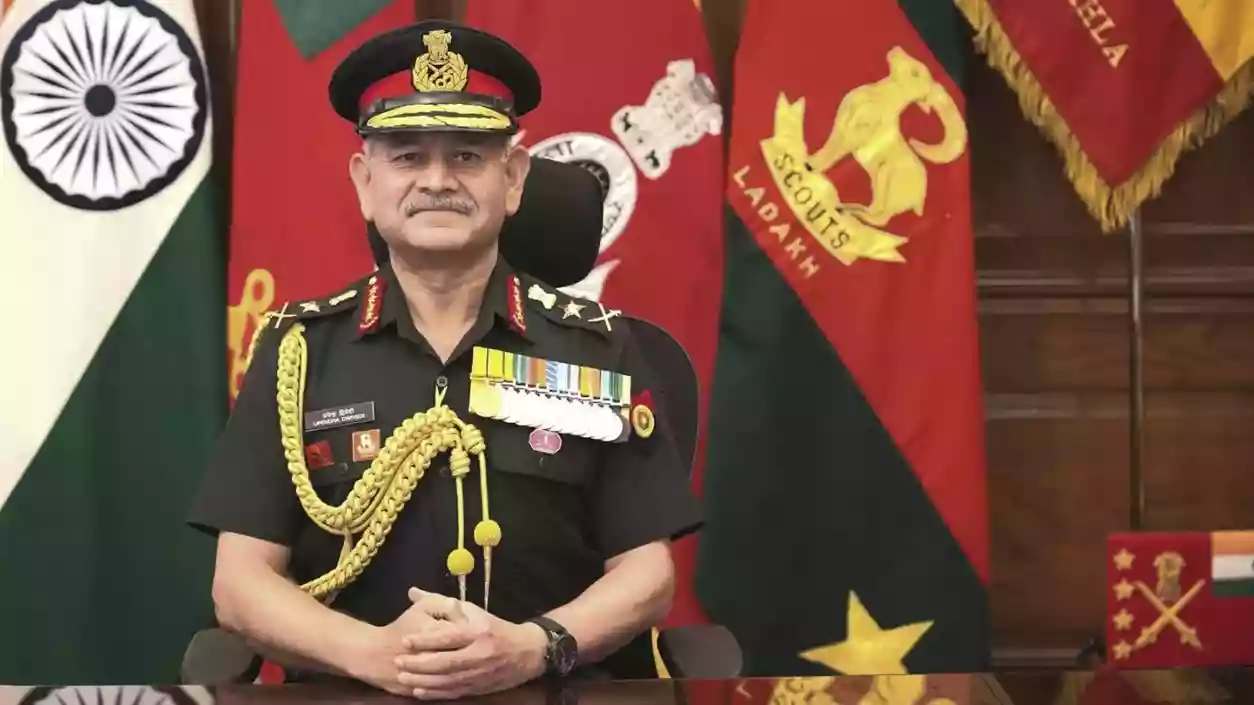.gif)
.gif)

Army Chief General Upendra Dwivedi, ahead of Army Day, termed Pakistan the "epicentre of terrorism" and linked it to ongoing violence in Jammu and Kashmir. He revealed that 60% of terrorists neutralized last year were Pakistani nationals, while over 80% of currently active militants in the region also hail from Pakistan. He added that infiltration attempts from across the border continue despite the 2021 ceasefire agreement along the Line of Control (LoC).
Recent months have seen heightened terrorist activity in North Kashmir and the Doda-Kishtwar belt, underscoring the sustained threat from cross-border infiltration. General Dwivedi stated that the terror infrastructure in Pakistan remains operational, facilitating such attempts. However, he emphasized that the situation in Jammu and Kashmir is firmly under control, citing peaceful elections with a voter turnout of 60% and over five lakh pilgrims participating in the Amarnath Yatra without disruptions.
The Army has been granted emergency procurement powers to strengthen its counter-terrorism capabilities, enabling swift action against emerging threats. The Chief acknowledged ongoing efforts to shift focus in Jammu and Kashmir from "terrorism to tourism," with improved security contributing to greater stability and development in the region.
Addressing the situation along the Line of Actual Control (LAC) with China, General Dwivedi described it as "sensitive but stable." Issues in the Depsang and Demchok sectors were resolved in October 2024, but troop deployments remain robust, with no reductions planned during the winter months. He confirmed that traditional patrolling and grazing activities have resumed in key areas and that trust-building measures are being pursued through diplomatic and military channels.
In Manipur, the Army Chief acknowledged ongoing ethnic violence but highlighted steps taken to improve stability. Enhanced surveillance and fencing along the Myanmar border aim to counter external influences, including cross-border migration and insurgent activities. Coordination with Myanmar’s military continues to address these challenges, while reconciliation efforts involving community leaders and NGOs are underway to restore peace.
General Dwivedi emphasized the importance of maintaining operational readiness and addressing minor border frictions to prevent escalation. He reiterated the Army's commitment to safeguarding national security across all sensitive regions, ensuring both internal stability and a robust defense posture along the nation’s borders.